ALL BEGINNINGS ARE DIFFICULT
"In the early days in Vietnam, I was afraid to speak Vietnamese. I studied Vietnamese 2 to 3 times a week with a teacher, but I didn't communicate often. I didn't understand what they said, and I didn't necessarily understand what they said," goalkeeper Nguyen Filip confided in December 2023, when he had been back in Vietnam for about half a year, playing for the Hanoi Police Club (CAHN Club) and was in the process of applying for citizenship.
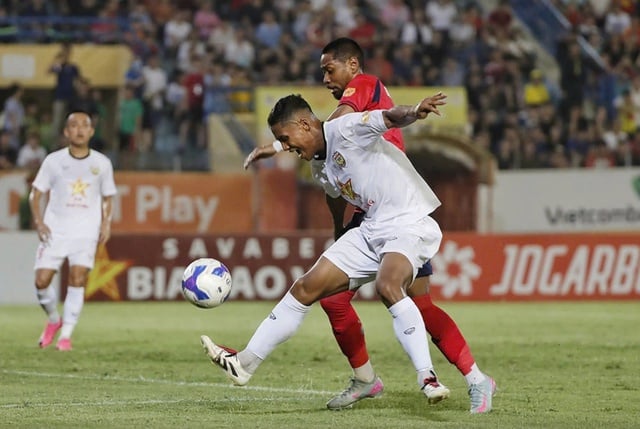
Adou Minh (left) and Cao Pendant Quang Vinh, both born in 1997, are promising options for the Vietnamese team.
PHOTO: MINH TU
Nguyen Filip is a European-class goalkeeper, with 8 years playing in the Czech Republic (for 2 clubs Slovan Liberec and Slovacko). The 33-year-old goalkeeper also played in the Europa League and was called up to the Czech Republic national team. Despite his excellent technical ability, Nguyen Filip could not avoid the initial confusion when he returned to Vietnam to play.
Language barriers, cultural characteristics in both football and life, communication skills, culinary issues, lifestyle... are not only Nguyen Filip's problems, but also many overseas Vietnamese players' problems when choosing to return to Vietnam. In addition, the difference in climate, with the North having hot and humid summers while the South is hot all year round, along with the way of living and eating, makes many children living abroad need time to get used to it.
"When I first came to Vietnam, I was not used to the weather. It was too hot, the humidity was very high," said central defender Adou Minh, a Vietnamese-French national who is playing for Ha Tinh Club. Goalkeeper Patrik Le Giang (of Slovakian origin) also had a fever when he first came back to Vietnam to play for CAHN Club, leading to his physical strength not reaching 100%. Goalkeeper Dang Van Lam joined HAGL when he was only 17 years old, but could not stay. He returned to Russia to play football, then in 2015 returned to Hai Phong Club to look for opportunities. After many ups and downs, problems due to language barriers and conflicts at the club, Van Lam was able to integrate and become one of the best goalkeepers in the history of Vietnamese football.
Highlights CAHN Club 2-2 Buriram United Club: The home team was held to a regrettable draw
However, not many overseas Vietnamese players can persevere through the initial difficult phase like Van Lam. Most foreign faces of Vietnamese origin when coming to V-League to try their hand only last for a while, then... drop out. Currently, only Nguyen Filip, Cao Pendant Quang Vinh, Adou Minh and Patrik Le Giang have shown their abilities.
Expert Doan Minh Xuong analyzed: "Overseas Vietnamese players come from many countries, with many different cultures. There are places that have many similarities with Vietnam, but there are also places that are very different. Depending on the starting point and personality, each player has a different ability to integrate. Some are fast, some are slow, and some cannot integrate."
Defender Cao Pendant Quang Vinh is a rare case of quick adaptation. Joining CAHN Club since the beginning of this season, the former Sochaux Club player has played 30 matches in all competitions and scored 1 goal. Quang Vinh has shown impressive performance in the role of left-back and is likely to be called up to the Vietnam national team.
Quang Vinh shared with Thanh Nien : "When a player moves to a new playing environment, I think the most important thing is the ability to adapt. They learn and experience a new language, and a culture that is very different from before. The important thing is whether you dare to be open to challenges to improve yourself or not."
INTEGRATION PROSPECTS
Expert Doan Minh Xuong further analyzed: "Previously, Vietnamese football did not have an open policy towards overseas Vietnamese players, both in terms of the number of players each team could register, and in terms of the opportunity to naturalize and contribute to the Vietnamese national team. However, the situation has changed. V-League allows each team to use 2 overseas Vietnamese players, the opportunity to obtain citizenship and join the national team is also more open, so more overseas Vietnamese return to the country to try their hand. The increase in number means more opportunities. Not to mention, in the era of a "flat" world, when Vietnamese players are equipped with foreign languages and an open mind towards people from different cultures, overseas Vietnamese players are also welcomed more enthusiastically."
The progress of Van Lam in the past, or the presence of Nguyen Filip, Cao Pendant Quang Vinh, Adou Minh... at this time will add more motivation for many overseas Vietnamese to return home to contribute more. According to Mr. Doan Minh Xuong, besides the players' own efforts, the responsibility of the club and the national team is also very important.
INVITATION OF VIETNAMESE TEACHERS
The key for overseas Vietnamese players to integrate is to learn Vietnamese well. Nguyen Filip, Cao Pendant Quang Vinh (CAHN Club) and Adou Minh (Ha Tinh Club) all invite Vietnamese teachers to teach them at home every week. "I always try to communicate basic sentences like "hello", "thank you", practice calling teammates' names or giving commands on the field in Vietnamese. I also learn to sing the Vietnamese national anthem to prepare if I am called up to the national team", Quang Vinh said. Currently, most overseas Vietnamese players still prioritize using English. If they quickly improve their Vietnamese, the integration process will be much shorter.
"In order for overseas Vietnamese players to play well, clubs need to have a strategy to develop their abilities, creating conditions for them to get used to a new lifestyle and environment. This is a process that requires vision and tolerance. Players need to try to get used to it, but clubs must also be open to giving them opportunities, helping them stabilize their lives before they can devote themselves to football, not just simply paying them high incomes. Clubs also need to have a cultural identity and a clear brand positioning so that overseas Vietnamese players can understand and have more motivation to contribute. Vietnamese football needs openness and professionalism to welcome those who live far away from home. Similarly, the Vietnamese national team or youth teams in the future will welcome many overseas Vietnamese players. Let's outline a clear strategy for using people to optimize their abilities," Mr. Xuong affirmed. (to be continued)
Watch top sports on FPT Play, at fptplay.vn
Source: https://thanhnien.vn/vi-sao-cau-thu-viet-kieu-kho-thich-nghi-185250519223404822.htm


![[Photo] Prime Minister Pham Minh Chinh receives the President of Asia-Pacific region of PowerChina Group](https://vphoto.vietnam.vn/thumb/1200x675/vietnam/resource/IMAGE/2025/5/21/0f4f3c2f997b4fdaa44b60aaac103d91)

![[Photo] Prime Minister Pham Minh Chinh receives Rabbi Yoav Ben Tzur, Israeli Minister of Labor](https://vphoto.vietnam.vn/thumb/1200x675/vietnam/resource/IMAGE/2025/5/21/511bf6664512413ca5a275cbf3fb2f65)

![[Photo] Determining the pairs in the team semi-finals of the National Table Tennis Championship of Nhan Dan Newspaper](https://vphoto.vietnam.vn/thumb/1200x675/vietnam/resource/IMAGE/2025/5/21/eacbf7ae6a59497e9ae5da8e63d227bf)
![[Photo] Scientific workshop "Building a socialist model associated with socialist people in Hai Phong city in the period of 2025-2030 and the following years"](https://vphoto.vietnam.vn/thumb/1200x675/vietnam/resource/IMAGE/2025/5/21/5098e06c813243b1bf5670f9dc20ad0a)

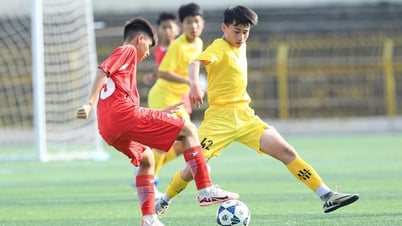
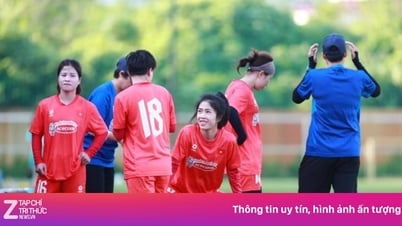

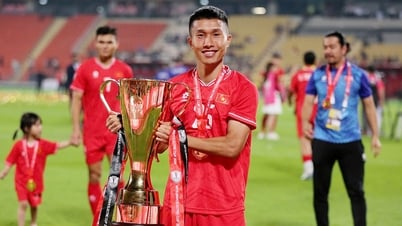

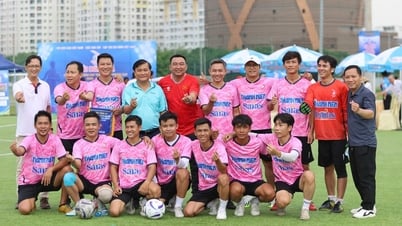







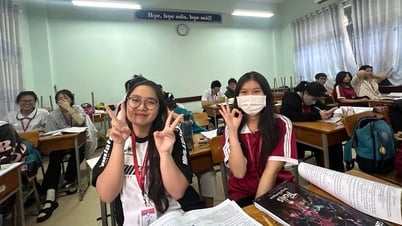

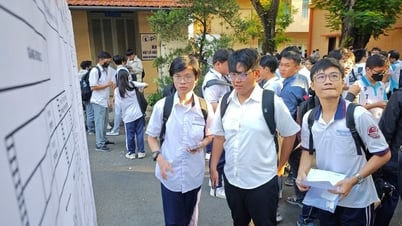

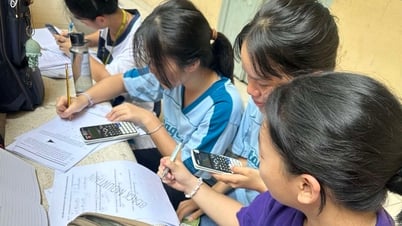








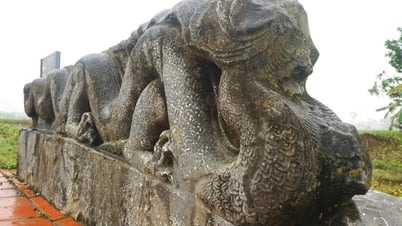







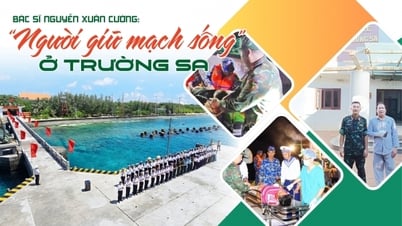










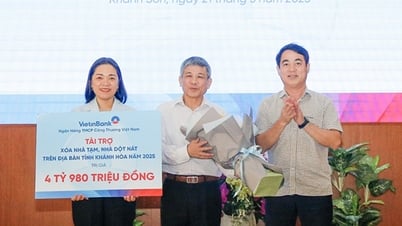


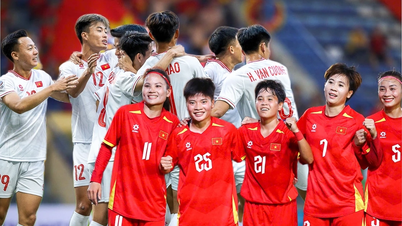

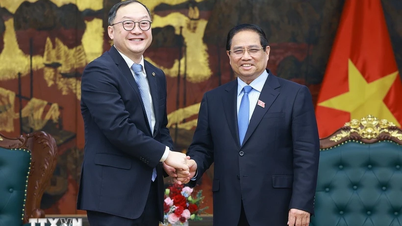

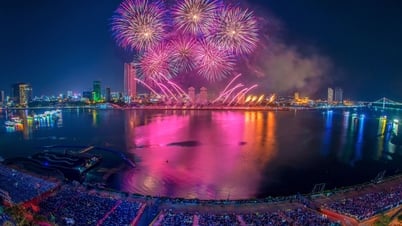

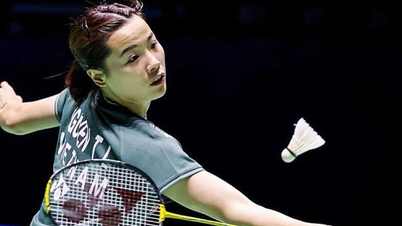
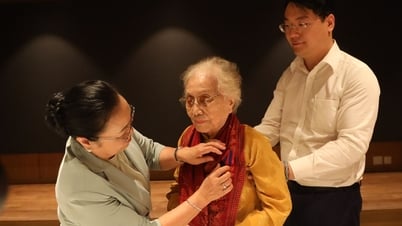

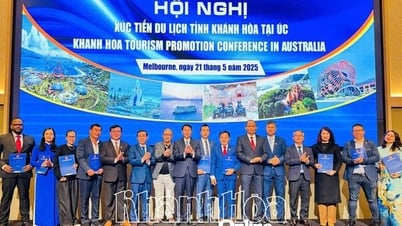
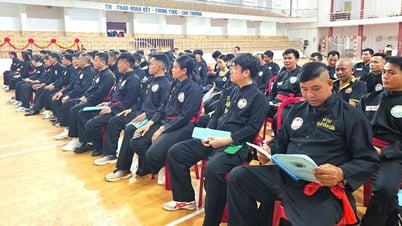
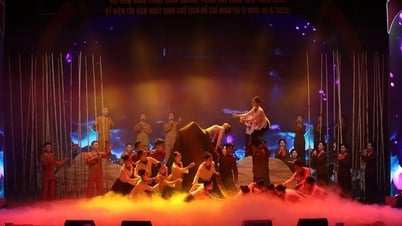


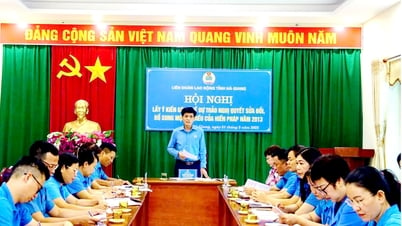

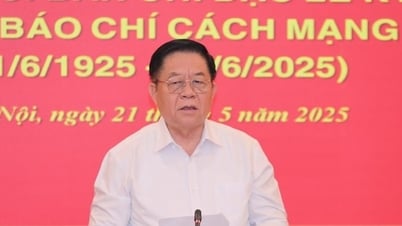

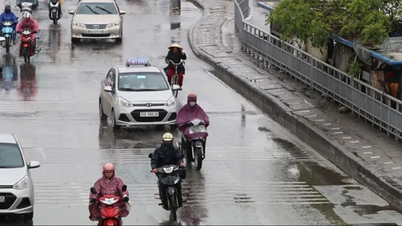

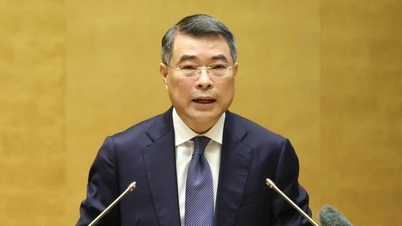

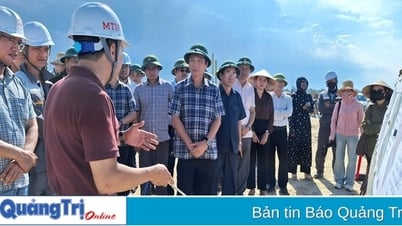












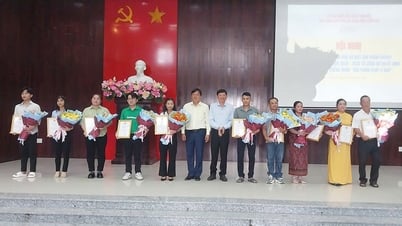

Comment (0)